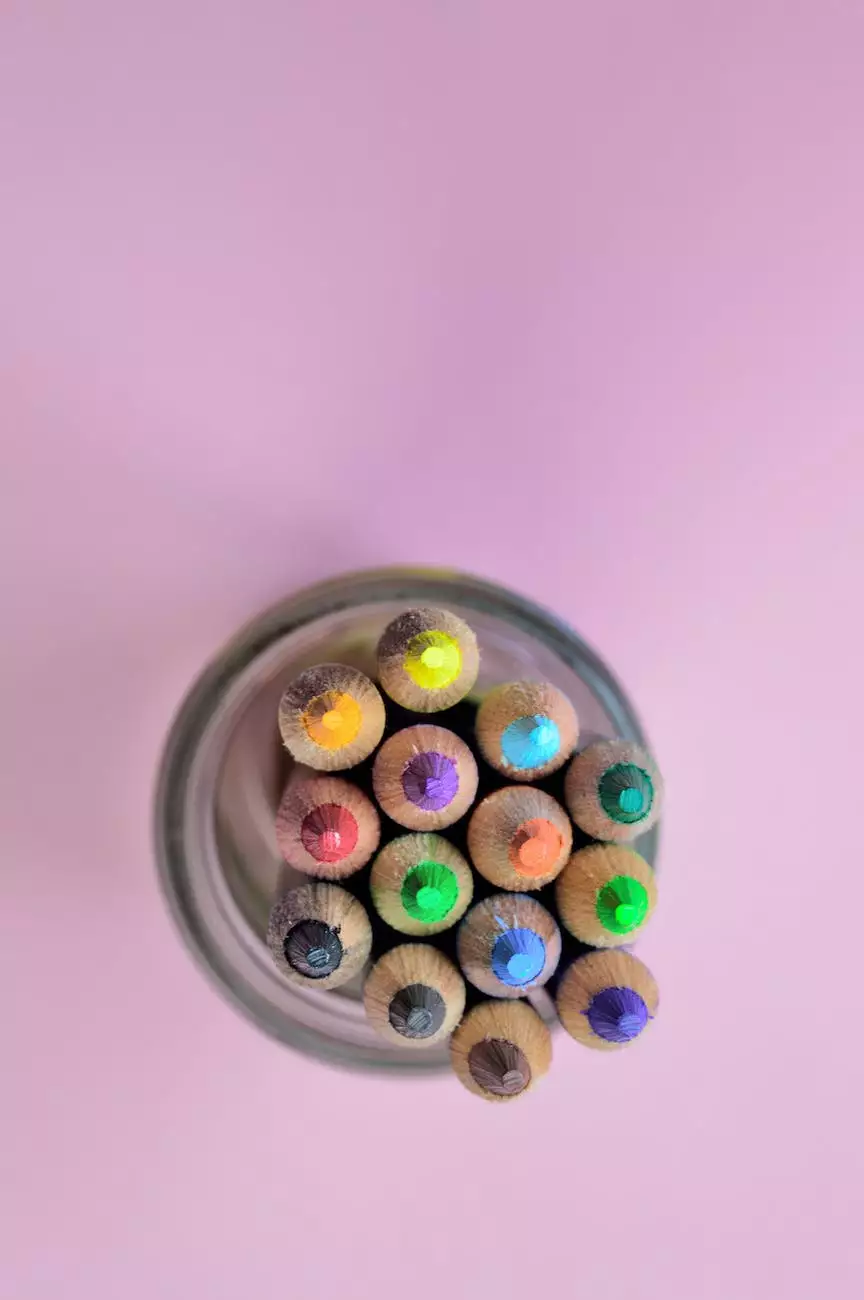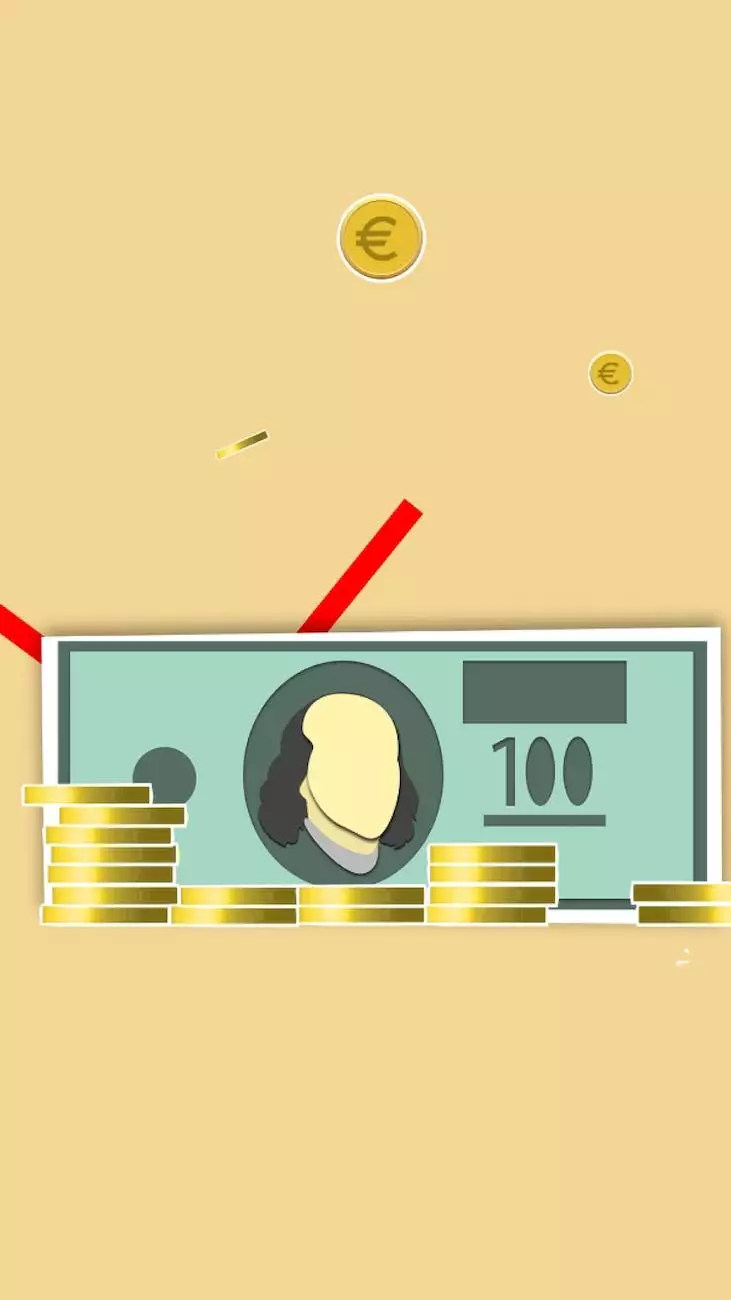Phrasal Verb Lesson – Fill Up
English Grammar Lessons
Introduction
Welcome to NJCLT's comprehensive phrasal verb lesson on 'Fill Up'. In this lesson, we will explore the different meanings and usage of this commonly used phrasal verb. Understanding and mastering phrasal verbs is essential for improving your English language skills, particularly in day-to-day conversations and written communication.
What Does 'Fill Up' Mean?
The phrasal verb 'fill up' has multiple meanings, depending on the context in which it is used. Let's explore some of the common interpretations:
Filling a Container
One of the main usages of 'fill up' is to describe the action of filling a container to its maximum capacity. This can refer to filling a cup, a glass, a tank, or any other container with a substance such as water, gas, or food. For example, you can say, "Please fill up my glass with water" or "I need to fill up my car with gas before we go on the trip."
Completing or Occupying Space
'Fill up' can also mean to complete or occupy a particular space or area. This usage is often related to events, venues, or places. For instance, you might say, "The concert hall filled up quickly as people rushed to grab their seats" or "The party filled up the entire backyard with decorations and guests."
Usage of 'Fill Up' in Sentences
Now, let's explore some example sentences to better understand the usage of 'fill up' in various contexts:
Example Sentences
- I always fill up my water bottle before going to the gym.
- The restaurant quickly filled up with hungry customers.
- We need to fill up the gas tank before heading out on the road trip.
- She filled up the paper with her thoughts and ideas.
- The parking lot filled up, and finding a spot became challenging.
- Fill up the form with your personal details and submit it to the reception.
Common Phrasal Verbs with Similar Meanings
While 'fill up' is a commonly used phrasal verb, there are also other phrasal verbs with a similar meaning. Learning these alternatives can enrich your vocabulary and make your expressions more diverse. Here are a few examples:
Similar Phrasal Verbs
- Top up
- Load up
- Stock up
- Pack in
- Complete
Conclusion
By now, you should have a better understanding of the phrasal verb 'fill up', its various meanings, and usage in different contexts. Remember to practice using it in your everyday conversations and writing to internalize it effectively. Building a strong vocabulary of phrasal verbs will undoubtedly enhance your English language skills and make you a more confident communicator.
For more comprehensive English language lessons, tips, and resources, visit the NJCLT website. Start your journey to mastering the English language today!










